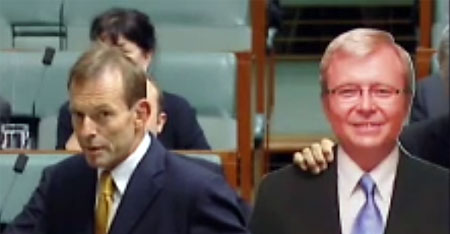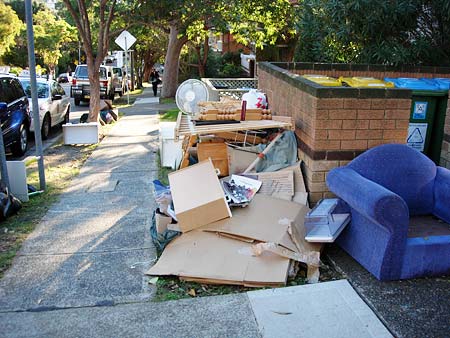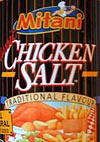Australian Do Not Call register: success or failure?
Wednesday, May 21st, 2008![]() It’s just over a year since the Australian government launched the Do Not Call Register. By adding your name and phone number to this register, you (theoretically) stop telemarketers from cold-calling you. I hate telemarketing calls – they’re a complete waste of my time and energy – so I signed up straight away.
It’s just over a year since the Australian government launched the Do Not Call Register. By adding your name and phone number to this register, you (theoretically) stop telemarketers from cold-calling you. I hate telemarketing calls – they’re a complete waste of my time and energy – so I signed up straight away.
So, how has it worked out over the last year? Well, the number of telemarketing calls we get has dropped from over 1 a week to maybe 2 a month, so that’s a definite improvement. I had one very persistent debt collection agency calling me repeatedly every 2 days after I was on the register, but after making a complaint on the Do Not Call Register website, they stopped. (Turned out they thought I was somebody else. Nice bit of research there.) We also had a call from a mortgage company last month, but again, a quick complaint seems to have sorted that one out. (Apparently many people had complained about the same company. I hope they get hit with a nice big fine.)
It’s for a good cause – honest
The biggest problem, though, has been with charities. For some inexplicable reason, charities were made exempt when the Do Not Call Register Act was introduced. Charities are all to eager to exploit this loophole, too – we get more charities calling us now than ever before.
I don’t understand the logic here. I’m no Scrooge when it comes to charitable giving, but what gives a charity the right to call me, when I have explicitly stated that I do not want to receive telemarketing calls? When a telemarketer calls me at 6PM and wakes my sick baby who’s just got off to sleep, I don’t care whether they’re selling me mortgages or donations to one-armed homeless Martians, they will get an earful from me. (Apparently though they’re providing a service to the community by waking my sick baby.) Telling them not to call me again rarely works either. (more…)

 Paul Keating
Paul Keating Now that we have a car, we’re obviously buying a lot of petrol. I have to say, the way they price petrol in Australia is insane. It’s cheap enough – compared to the UK, that is – but you never know what the price is going to be one day to the next. They change the prices every day! At least in the UK if fuel was £1 a litre one day, there was a reasonable chance it’d be £1 a litre the next day. Here in Sydney, it might be $1.29 a litre on Wednesday, $1.40 a litre on Thursday, then back down to $1.35 a litre on Friday!
Now that we have a car, we’re obviously buying a lot of petrol. I have to say, the way they price petrol in Australia is insane. It’s cheap enough – compared to the UK, that is – but you never know what the price is going to be one day to the next. They change the prices every day! At least in the UK if fuel was £1 a litre one day, there was a reasonable chance it’d be £1 a litre the next day. Here in Sydney, it might be $1.29 a litre on Wednesday, $1.40 a litre on Thursday, then back down to $1.35 a litre on Friday! Happy New Year, dear reader!
Happy New Year, dear reader! There’s no doubt about it – Australia is a nation of car drivers. It’s understandable in a way, when you consider the size of the place. (You can’t really expect decent public transport in the middle of the Outback.) However, even in major cities like Sydney with good public transport networks (in
There’s no doubt about it – Australia is a nation of car drivers. It’s understandable in a way, when you consider the size of the place. (You can’t really expect decent public transport in the middle of the Outback.) However, even in major cities like Sydney with good public transport networks (in 
 One thing I will say about Sydney – it’s windy, and it’s dusty. OK, that’s two things.
One thing I will say about Sydney – it’s windy, and it’s dusty. OK, that’s two things. I’m not vegetarian, but my wife Cat is. She finds it hard going in this country.
I’m not vegetarian, but my wife Cat is. She finds it hard going in this country.